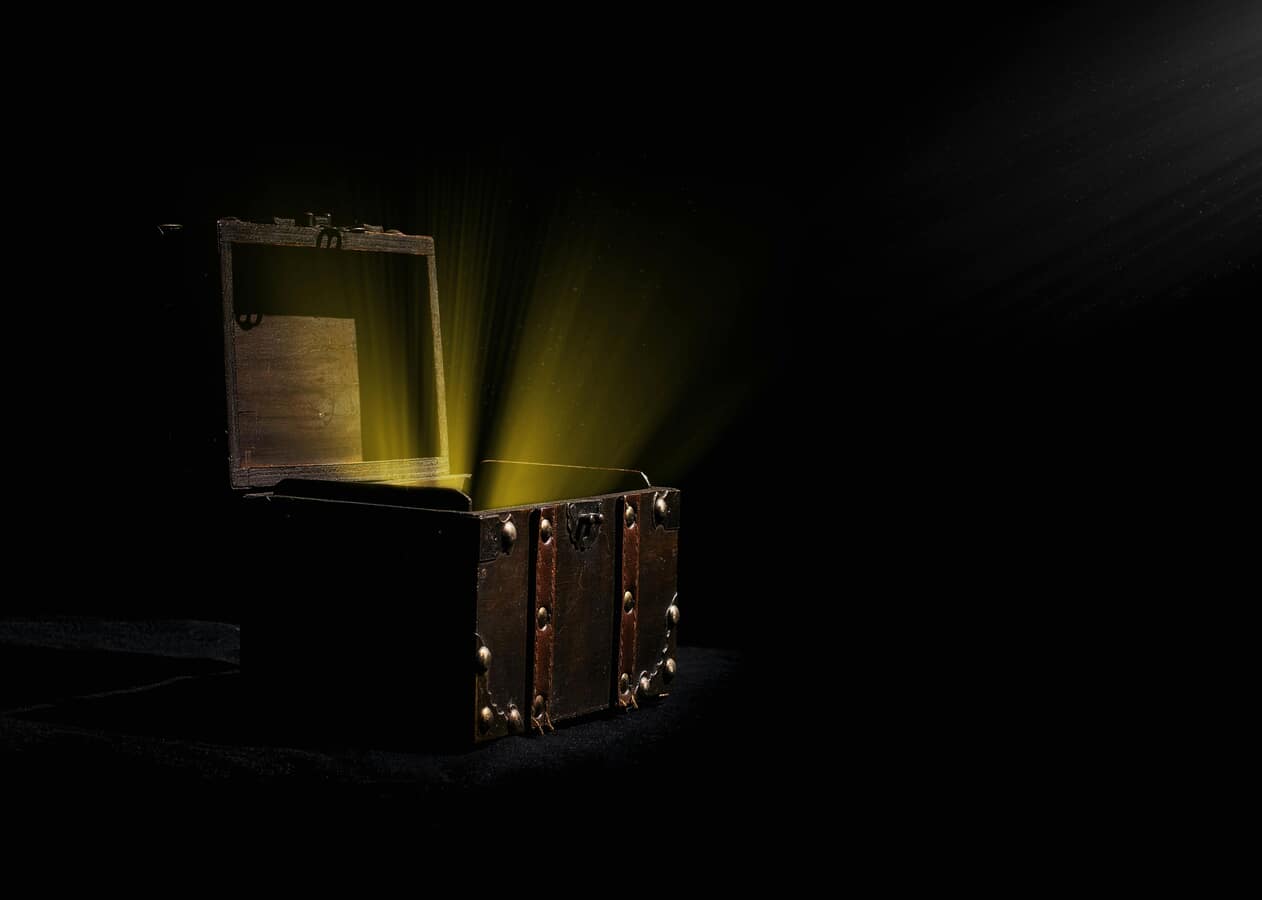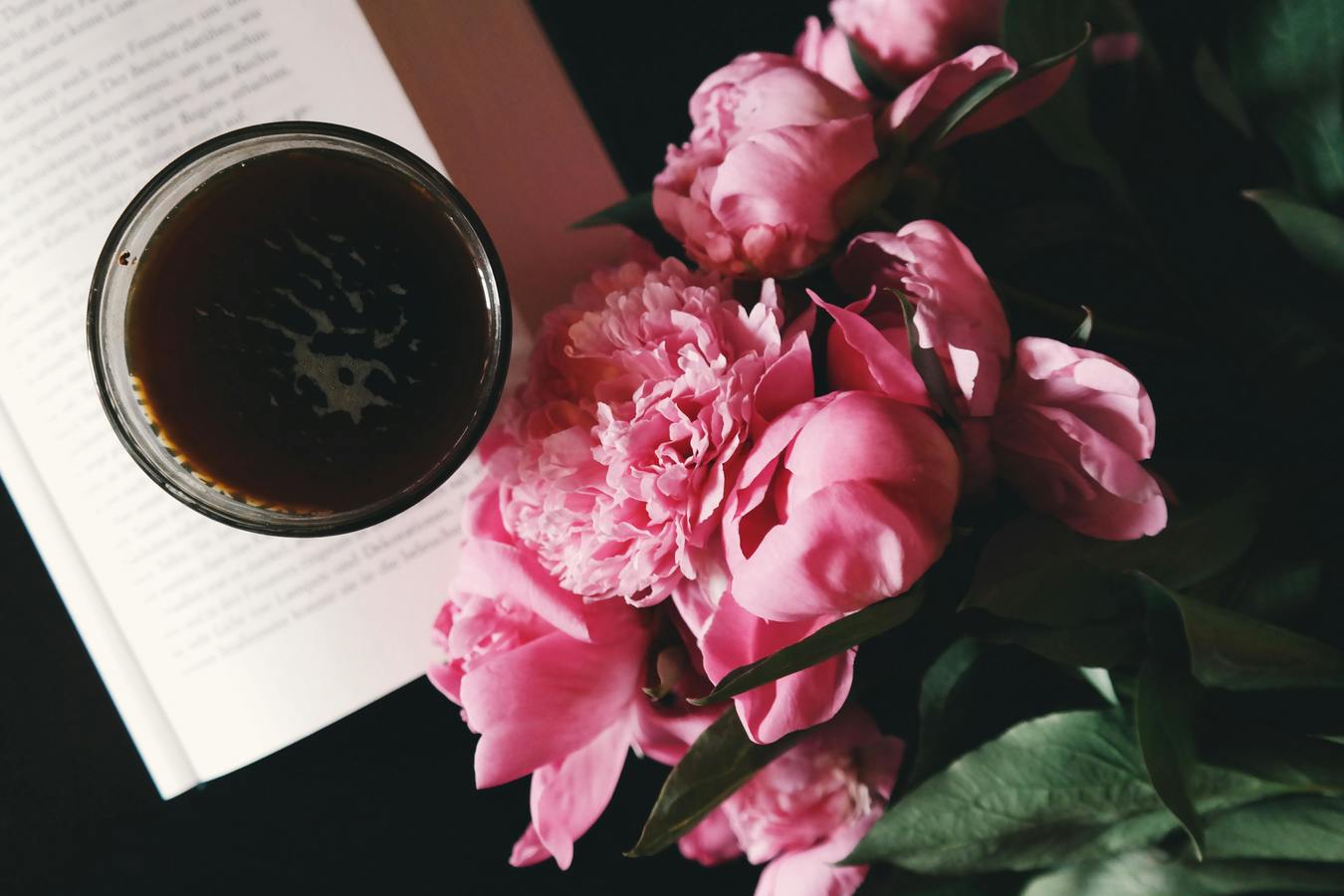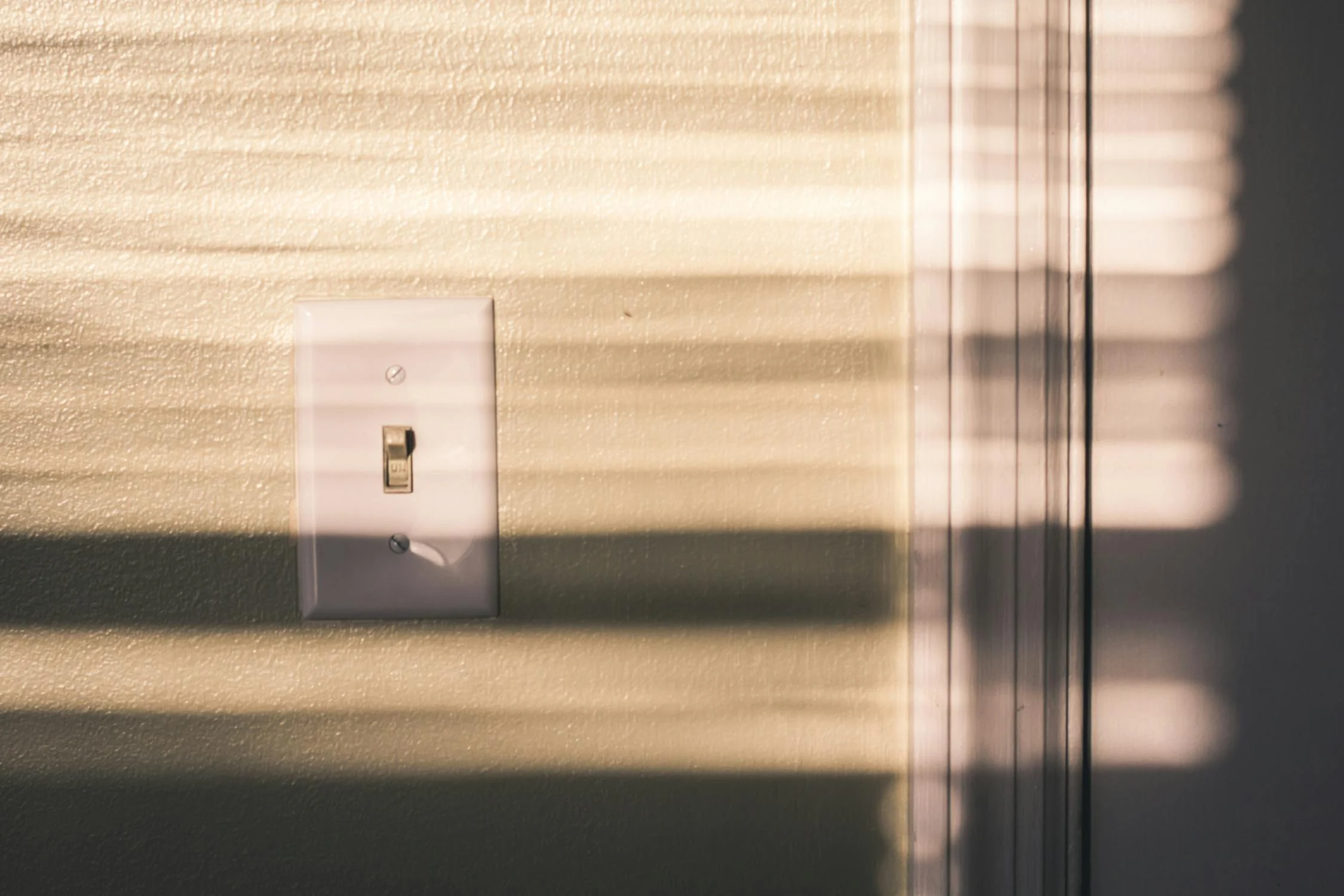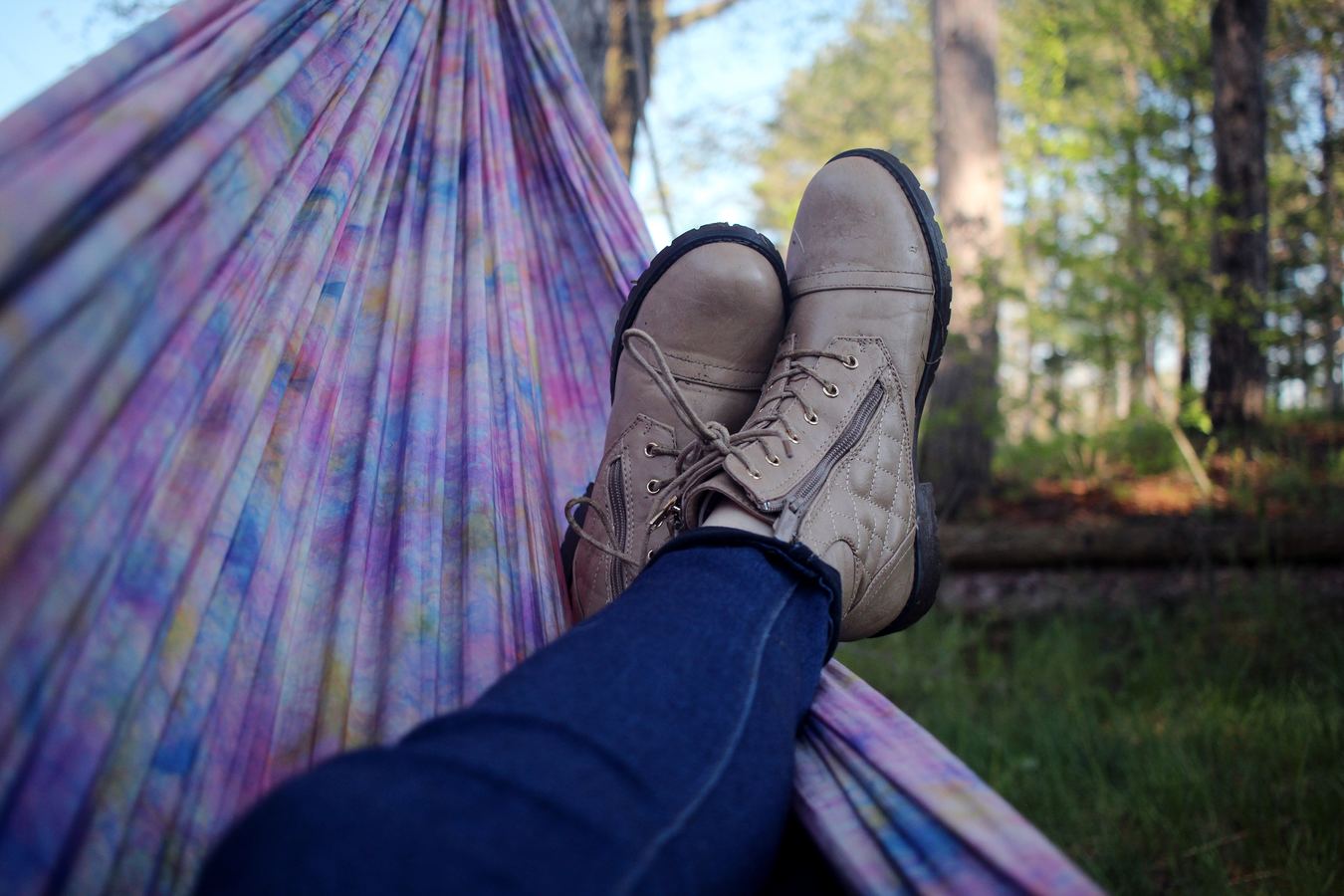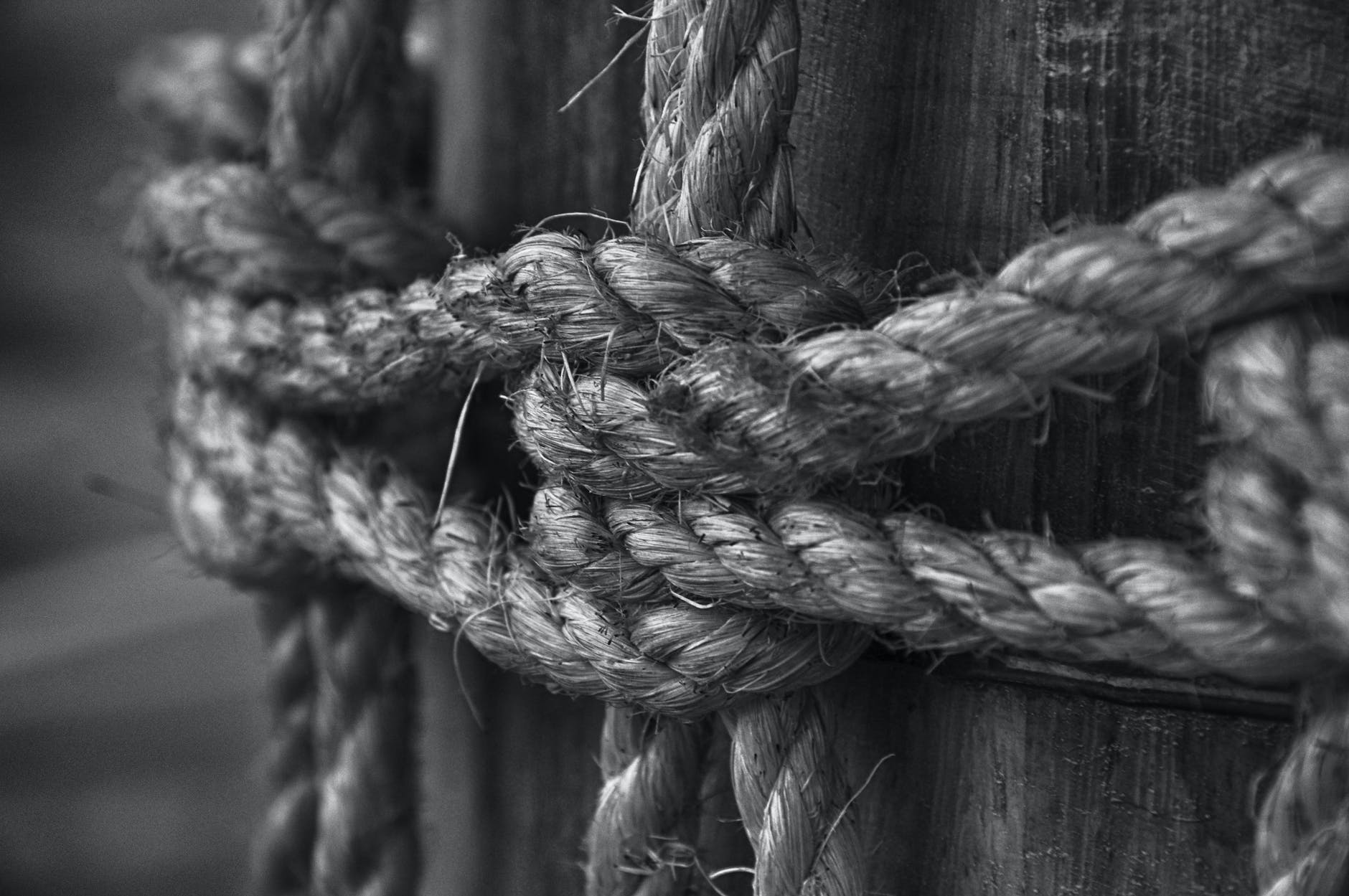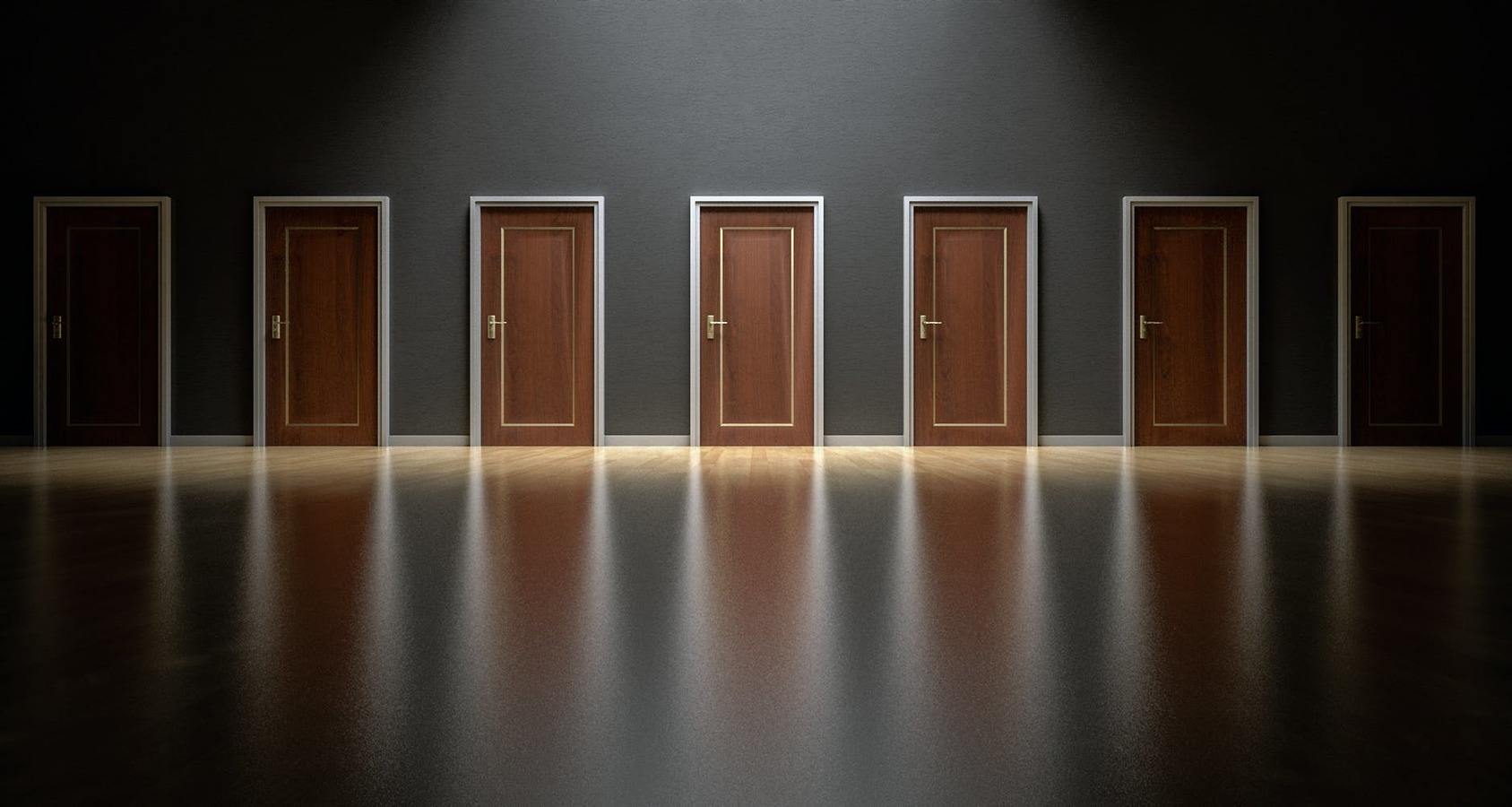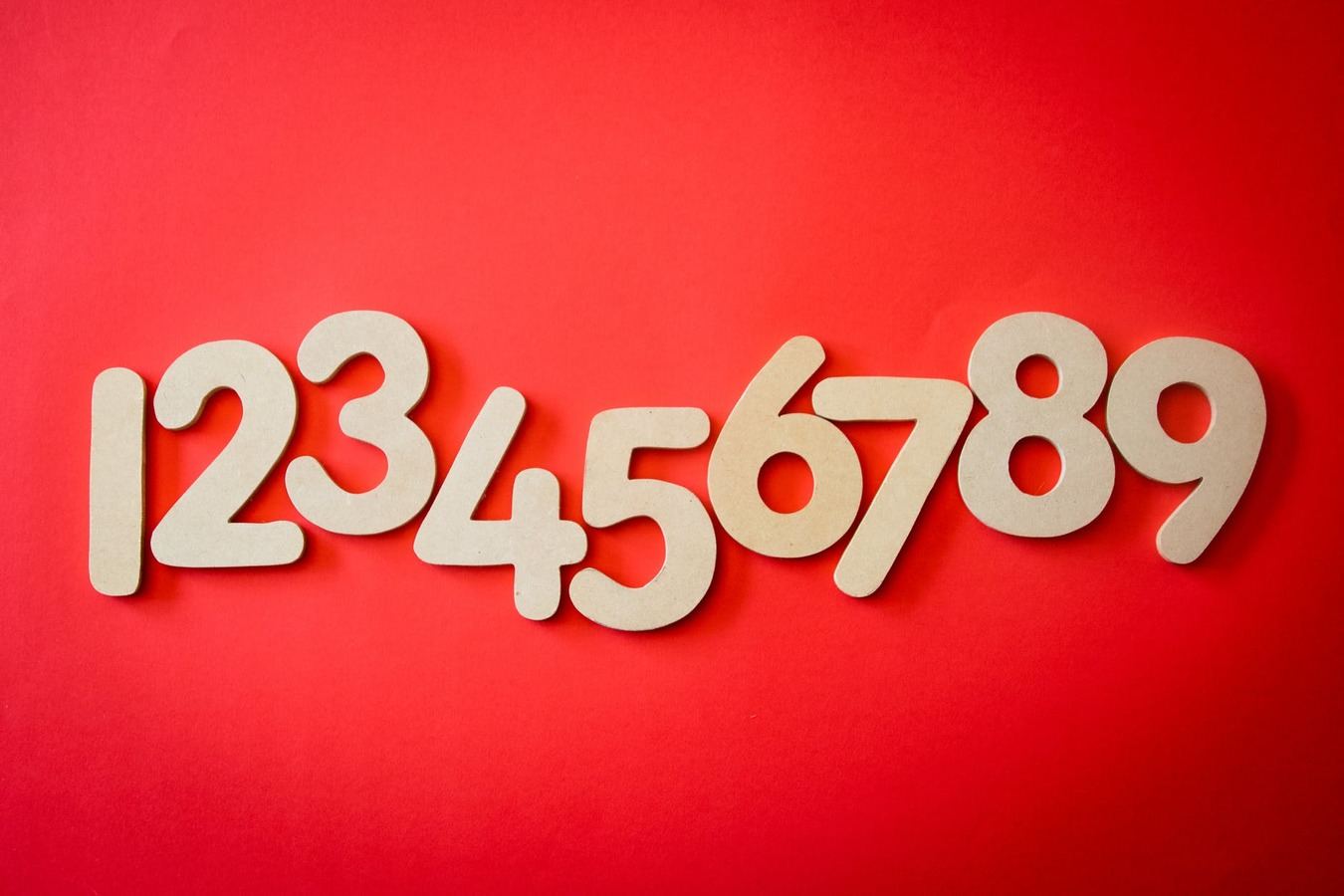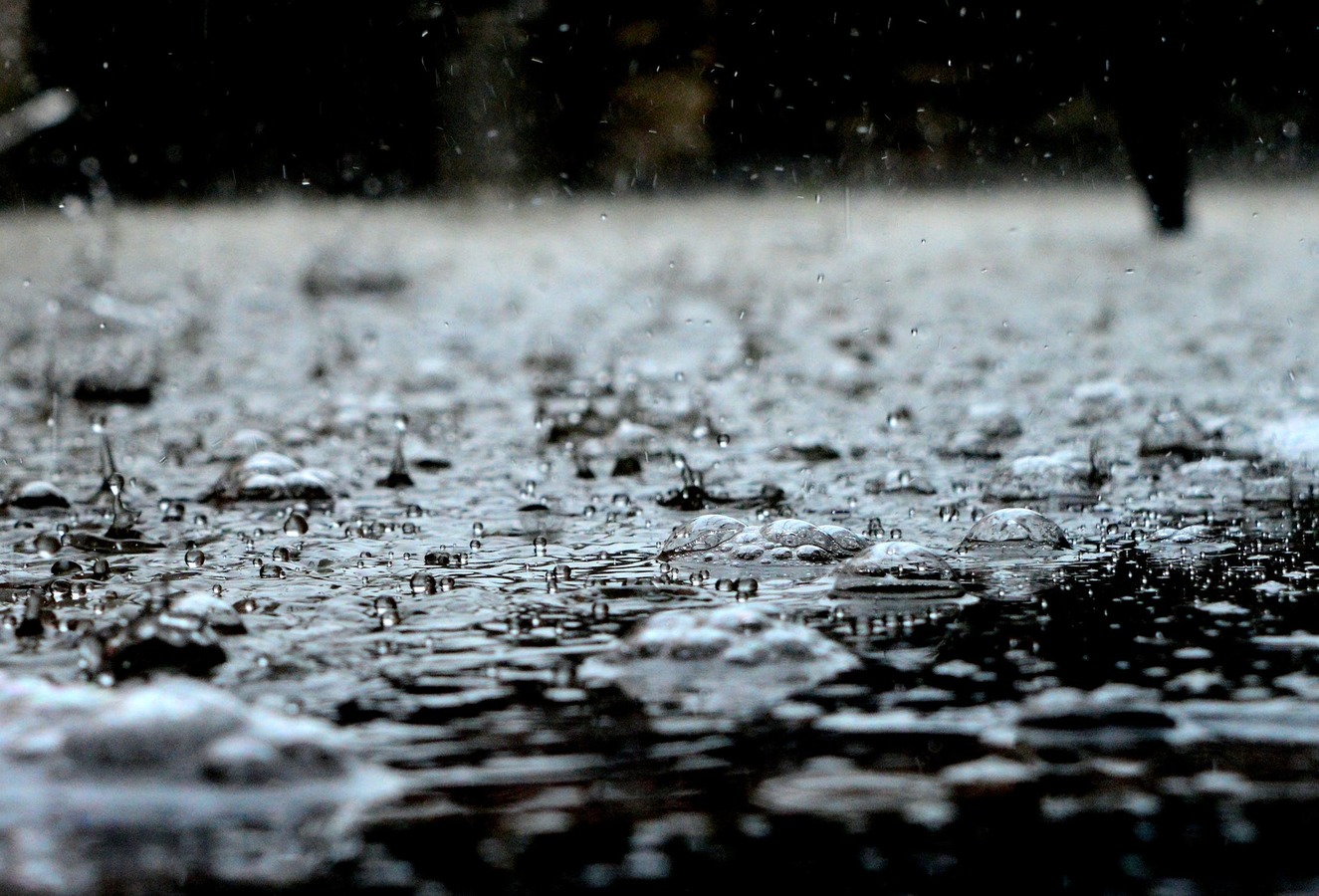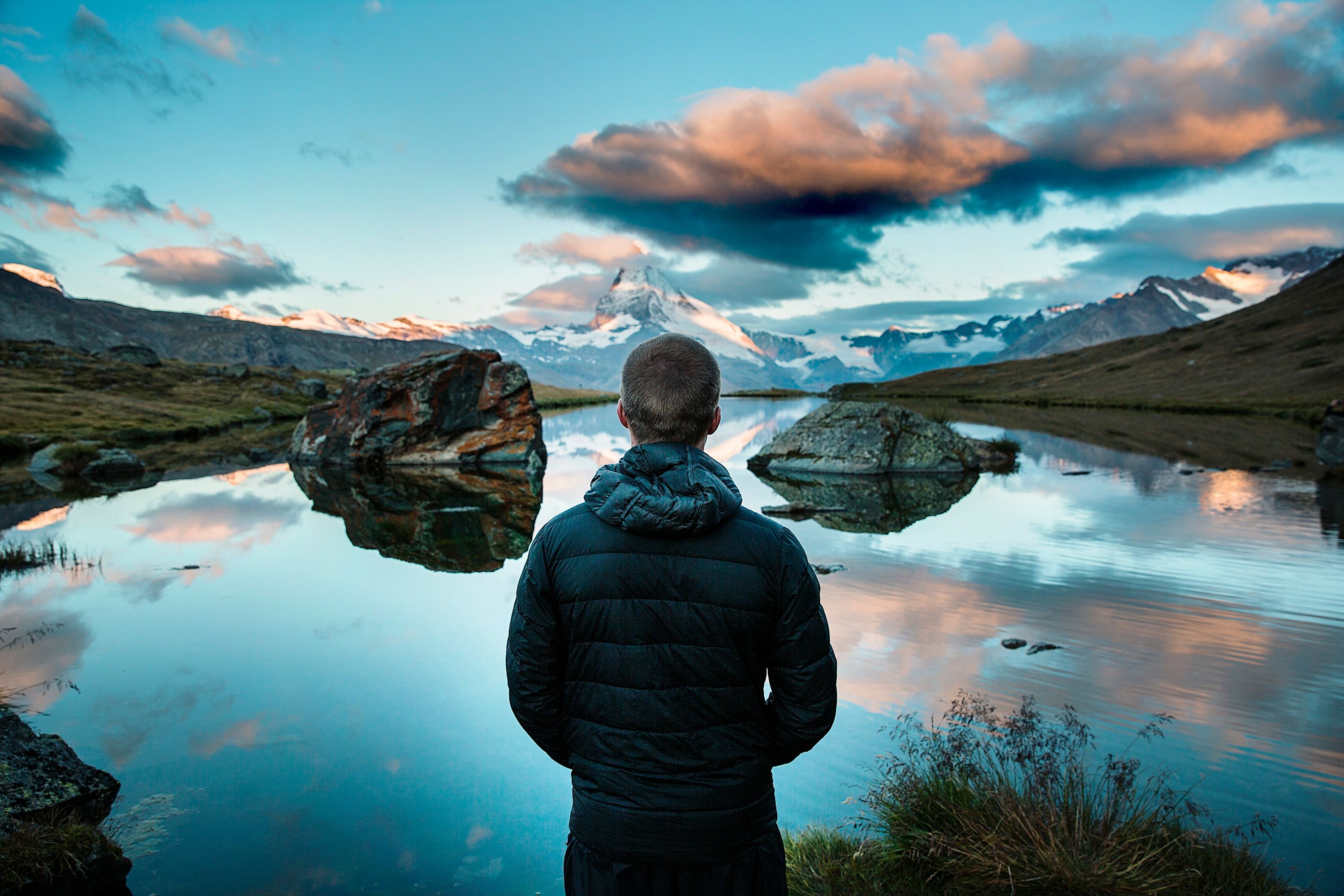While I find the attempts to rebrand the perimenopause and menopause as an ‘opportunity’ and an ‘exciting’ time a bit reductive (and often rather transparently about making money, for example: https://www.ft.com/content/c28f583c-3274-4898-ad02-9c193ff880a2), I do also crave information that helps me, a 47-year-old woman, understand what the hell is going on.
I have had some difficult emotional ups and downs recently. Two things have helped me to interpret these. The first was learning the fact that the amount of oxytocin in our bodies reduces during perimenopause and that this can explain why a person can feel a lot less warm and fuzzy and crave a lot of alone-time. The second thing that helped was a video/TEDx talk by comedian and writer Sandra Tsing Loh. Actually, three things have helped: I have also been paying really close attention, for a few weeks, to what is going on in my body and mind. I’ll dig into that first.
What I’ve been noticing recently is that, when I feel sad, I’m often mourning the loss of my 39–43-year-old self. Back then, in 2015–19, I was feeling good. I lost weight and gained fitness levels that meant I looked very appealing according to the way the world likes to see women (read: thin). I felt excited about big changes I was making in my life that felt difficult but for the best. I still had trouble putting myself first, speaking up and holding boundaries (indeed, I didn’t do any of these things for myself) but I was also exploring new things, people and places. I felt optimistic about the future. I think that was also partly because my children were at the in-between stage of school age and pre-teens, so I felt released from the challenges of babies and toddlers but the puberty years were far away. I also had some practical support with the kids as well as an excess of energy and vitality likely driven, in fact, by my body being keen to reproduce a few more times while it could.
Post-Covid, having ‘lost’ my mid-40s, I’ve beached up on the shore of 47/48 and have been feeling adrift. The last few years have seen me feel increasingly irritable and impatient, but also physically unwell, with fatigue, dizziness, and persistent nausea. I’m also a single parent from a practical and emotional, if not financial, perspective and have been finding the challenges of managing a home and work and two neurodiverse kids going through puberty increasingly difficult.
The past six months saw some improvements as I worked less, took a higher dose of HRT, and made the most of the alarm-clock-free summer holidays. Now, a few weeks into the autumn term, with Mabon, the autumn equinox, passed and the darker evenings and cooler winds, I’ve been feeling my own internal weather shifting yet again.
I understood that I didn’t feel good. I could see that I had both a lot on my plate as well as much less emotional resilience and loving kindness. But it didn’t all quite make sense. What was I missing?
This is where Loh’s TEDx talk comes in. Watching it, while considering the knowledge about oxytocin dropping, I had a bit of an epiphany. I gained a new perspective on where I am and what might be on the other side.
Loh talks about the fact that perimenopause and menopause see a person’s hormones changing back to how they were BEFORE puberty. She describes it as the ‘fertility cloud’. And she says that it is not about menopause as ‘the Change’ but that one could see, instead, our fertility era as the anomaly. She talks about, not a change, but a ‘return’. A return to who you were before your body became primed for relationships and babies.
This idea of perimenopause and menopause being about becoming a new version of a long-lost girl self – the girl I was – resonated deeply.
I’ve recently felt very irritable and angry and, tuning in with this new idea of ‘return’ as a lens, what I noticed is that I’m impatient to work, to experience, to have the time and space and mental energy to really dig into creating and making as well as drawn to the idea of doing something back out in the world. A world which is even more scarred by the traumas of climate change, neo-liberalism (now techno-feudalism, read more here) than it was back in the mid-80s when I was ten.
The more I considered this, the more it made sense. The me that took leaflets into school about the Afghan famine, the me that cried at Live Aid, the me that raised money for Red Nose Day. The me that felt the injustice of the world but did not know how to articulate that is now, once again, stirring and growing within me. The rage I feel at the injustice and inequality of our world as well as the joy I feel at the progress made by the LGBTQ+, #MeToo and BLM movements. The vital and searing conversations about misogyny and sexual abuse, about racism and classism and power. These are all challenging, and yet it is so powerful to see these hidden things being dragged into the light. Seeing age-old structures being challenged, dismantled, ancient injustices and new horrors being witnessed, addressed and prevented.
There is an increasingly hard-to-ignore insistence within me. Something that wants to burn, to burn and to blaze away this current self and this way of being in the world. It wants to be allowed to burn bright. It wants to dissolve me like a caterpillar in a cocoon, to cause me pain and suffering, on the promise of an emergence. An emergence as a raw, tender, renewed self.
I’ve been feeling unmoored. Now, all I hear is a drumbeat insistence of go this way, go this way. It’s been getting louder for months, and I fear that, if I don’t follow it, if I don’t heed the drums this time, then I will get truly lost.
What feels difficult is accepting that this is yet more change, when I thought things were settled! What I see is that there is no essential self, no fixed me, and that can feel exciting as I sense this return to an old way of being, a self that is demanding a rebirth in a time where it can take the action that it could not before. But it is also scary, because I am not sure that this new self can be accommodated or accepted by the people I love. How do you tell people you have less time for them? How do you take that time and energy and hold on to it? How do you accept that the energy you have devoted to making a relationship work is just not within you as a resource any more? I don’t know, and yet it is what must happen.
The day-to-day practicalities are, inevitably, more mundane. It’s about feeling the feelings, yes, but also about being hard as flint about my boundaries, about risking pissing people off, about saying no when I wish I could say yes, about being brutal, harsh and fierce. It’s about saying, ‘Do it for yourself.’ Not because I don’t want to help, but because I know I can no longer do that plus the things that are clamouring to be done. This, whatever this is, needs my attention, my time, my energy right now. I feel deeply that, if I don’t do it, a vital, necessary shifting will never take place. Now is the time to allow the shift, to make the change, to make the return to that place.
I need more time and space around things. I’m less stress-resilient, more prone to headaches and tiredness. The exercise I do these days is less about weight-loss and more about strength, flexibility and mindfulness. It’s weights and walking, not running and circuits. It’s yoga, not HIIT. It’s about not overstraining but stretching, flexing, moving gently but firmly. Pushing, but not exhausting myself. I can do LOTS, I just need to also know that there is time to breathe, time to go for a stroll, time to stop. I also need to make sure, want to make sure, that I have enough patience and love left over for the 4pm to 10pm parenting shift. For that is when the also important work of raising teens is being done, in those conversations after school, in the moments in between Valorant games, over a late-evening tearful chat, over a last-minute pre-bed snack.
There is a balance needed that I have not felt in need of before. Life is more insistent about rest, about the right nourishment, about my getting enough air and water and light. It is a vegetal, cellular need. I can manage less on less. I used to be able to run on empty for weeks and months but this is no longer possible.
Meditation helps, as does talking to friends, as does masturbating, as does reading a great book. Alcohol, TV, videos, social media do not help.
Life and my body are asking me to channel my energies more efficiently as well as to rest better and more calmly.
I’m listening to my body, to my emerging self, but, rather than rushing, I’m taking time to tune in over time. This learning, these understandings, are revealing themselves over months, not minutes. The shift is asking me not to slow down so much as to act more purposefully – it is both, it is and and and. It speaks of plurality not the binary.
I’m hopeful that I can maintain and keep the relationships that are important in my life. I also know that those will need to be given less of my time and energy as I devote more of what I have to taking heed and taking action.
It’s interesting that all of this comes at a time when the world can seem, and generally is, less interested in older women as colleagues, as lovers, as humans. Women are, as ever across history, having to remake the world as we remake ourselves. And, yet, if anyone can, we can. If anyone can, I can. And if I can, you can.
Links for further reading
https://pluralistic.net/2023/09/28/cloudalists/
https://www.ft.com/content/c28f583c-3274-4898-ad02-9c193ff880a2
https://www.avogel.co.uk/health/menopause/videos/can-menopause-cause-emotional-detachment/
https://stories.qvcuk.com/menopause-your-way/guest-author/pamela-windle- oxytocin/https://edition.cnn.com/2007/HEALTH/01/10/peri.menopause/








